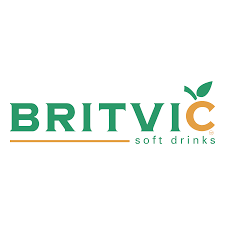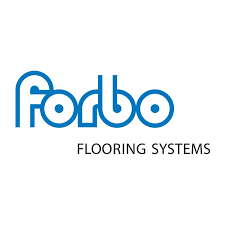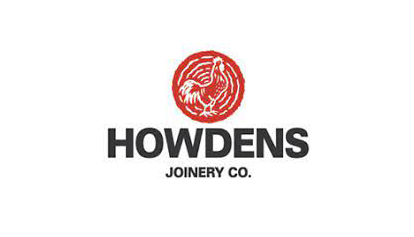The Scale up Roadmap involves stakeholders working together to surface and deal with the underpinning causes of capacity constraints. That enhances the Centre of Excellence capabilities by making progress from ad hoc problem solving to focussed improvement. Find out more here.
That includes better use of data to develop a deeper understanding of cause/effects and to develop competencies to support improved flow and capacity.
Support Plan Structure
1: TAKE STOCK AND ENCOURAGING NEW THINKING.
- Readiness Review: Assess strengths, weaknesses, improvement potential and develop recommended next steps
- Plan the plan: Develop forward workplace learning projects
2: RAISE PERFORMANCE AND RELEASE POTENTIAL
- Training Workshop: The glide path to optimum conditions
- Core Team Sessions: Identify problem hot spots
- Review/refine asset care
- Review/refine operating standards
- Improve design weaknesses
- Prevent mis operation
- Prevent repair errors
3: BUILD CAPABILITY AND ENGAGEMENT
- Mid project review, policy development and forward planning
- Standardise core skills for normal conditions
- Reduce unplanned adjustments
- Systemise planned adjustments
4: DELIVER THE FULL POTENTIAL
- Capture lessons learned as Policy Standads and roll out to other areas.
Support Plan Example
Below is an example of how to develop capabilities to ratchet up effectiveness using a practical improvement project around a key asset. (Follow the links for more details of individual courses.)
A. Diagnostic and Plan the Plan Session:
Reliability for Manufacturing Leaders
This 2 hour on-line awareness workshop provides an insight into how award winning and well respected organisations are able to systematically deliver reliable, stable operations.
Learn how to counter the traditional pressures on output and break out of the reactive manufacturing environment where there is no time to deal with the root causes of unplanned downtime even when they are understood
B. Mobilisation Training Workshops:
TPM Best Practice Implementation
Format: 3 Day hands on training workshop
Learn how to implement Total Productive Manufacturing principles and techniques to release the full potential of your people, procedures and work processes.
Turn theory into practice during the workshop by applying theory to assets on the factory floor using a comprehensive TPM application workbook.
C. Implementation Support:
First Line Leadership Skills
Format: Online 4 sessions
First Line and Mini Business Leaders are at the heart of any organisations ability to deliver value to customers. They are the ones who can make an organisation run like clockwork. As customer expectations ratchet up and the pace of technology accelerates, their role is evolving. This training workshop will provide participants with a road map to equip First Line leaders with the knowledge and skills to drive practical changes through their teams.
Front Line Skill Development Best Practice
Format: 2 Day in house training workshop
The course content covers best practices for
- Role and task design
- Including the use of standards to accelerate learning
- Balancing team skill profiles
- Including issue response and resolution
- Asset and individual learning plans
- Training and compliance feedback
- Including methods improvement and standardisation
- Work instruction ownership and review
The course includes a systematic review of existing processes and work routines to surface barriers and identify actions to resolve them.









